 You’ve just encountered a moment from hell. You were going along fine, when suddenly life tripped you up. It might have been a hurtful email from someone you thought was a friend. Perhaps you lost a longtime customer or client to a business colleague whose motives you now question. Or someone else questioned your own actions or motives.
You’ve just encountered a moment from hell. You were going along fine, when suddenly life tripped you up. It might have been a hurtful email from someone you thought was a friend. Perhaps you lost a longtime customer or client to a business colleague whose motives you now question. Or someone else questioned your own actions or motives.
Your first (and hopefully, brief) reaction to any of the above situations might be one of shock, with a pinch of anger or hurt (perhaps both!): “How could he do that?”, “What’s wrong with her?”, or “Why me?”
Now what?
 If you were to act from within this stress-filled mindset, chances are you would end up making the situation worse. The more you stay focused on the negatives or on assigning blame, the more your actions and communication will then focus toward you becoming the winner and the other person the loser. Then, your brief moment in hell expands to a day, or longer.
If you were to act from within this stress-filled mindset, chances are you would end up making the situation worse. The more you stay focused on the negatives or on assigning blame, the more your actions and communication will then focus toward you becoming the winner and the other person the loser. Then, your brief moment in hell expands to a day, or longer.
It’s easy to talk our talk. And, it might even be easy to walk the talk when the going is smooth. But what happens when the going gets rough? Are there some strategies that can help us not only better understand our talk, but also make the walking easier?
Expand our awareness
When we are under duress, our perceptions often become narrowly focused on our own survival. This is natural (our brains are actually hard-wired that way), and is especially important in matters of life and death. However, the more we allow an adrenaline-fueled mindset to direct our thoughts and our actions, we become less aware of ourselves and less willing to explore alternative behaviors.
One way to expand our awareness is through the use of the Johari Window (1), a communication model initially developed by Joseph Luft and Harry Ingham. Using the analogy of a quarterpane window, each pane of the window describes 1 of 4 different levels of self-awareness:
1. Open Area: Things I and others know about me
2. Blind Spot: Things I don’t know, but others do know about me
3. Hidden Area: Things I know, but others don’t know about me
4. Unknown: Things that neither I nor others know about me
In a close-minded person, the “open area” quadrant is often rather constricted, with tightly held boundaries. Through the careful give-and-take of self-disclosure and requesting feedback , it is possible to enlarge one’s open area, which then serves to decrease the size and influence of one or more of the other three areas. As a person gains self-knowledge and self-esteem, this process also promotes the development of transparency and trust within his relationships with co-workers, family and friends.
Choose your response
With the Choice Map (2), Dr. Marilee Goldberg Adams offers a useful option. Instead of reacting from within our “Judger Self”, she invites us to respond from within our “Learner Self.” This approach allows us to make thoughtful choices that are solution-focused and provide for win-win relationships.
Talk less, listen more
Within this model, questions such as “Whose fault is it?” or “How can I prove I’m right?” shift to questions such as “What do I want?”, “What can I learn?” and “What’s the best thing to do?” As a person’s reactive, inflexible and judgmental mindset becomes more thoughtful, flexible and accepting, her mood transitions from pessimism, stress and limitations to optimism, hope and possibilities. Over time, relationships are able to grow and flourish within an atmosphere of respect and trust.
Becoming the change
Gandhi is well known for his admonition: “Be the change you want to see in the world.” I have adopted it as a cornerstone for both my business’ philosophy and how I choose to live my life.
Every day seems to gift me another unanticipated challenge to learn how to walk my talk–which is certainly easier said than done.
It helps if I can see each challenge as a well-timed opportunity rather than as a distressing burden. It also helps to know that this is a learned skill, especially given our physiological tendency to self-protect when under stress.
Through the use of learning-oriented questions to increase both my levels of self-awareness and understanding of others, I can practice acting in harmony with my deepest values and beliefs.
**************************************
Footnotes:
- For an interactive Johari Window exercise, go to: http://kevan.org/johari.cgi
- Adapted from Goldberg, M. (1998). The Art of the Question. Hoboken, NJ: John Wiley & Sons.
You may freely share and/or reprint in other electronic or print publications, provided you include the following attribution:
ASK ME House article © 2008 Mary Elaine Kiener, RN, PhD, all rights reserved. Reprinted with permission. Does your body manage stress well? Find out at: http://stresswell.com/saliva-ph-test/
Please also send me a courtesy note with a copy of the publication.




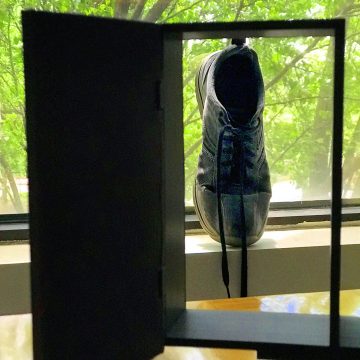



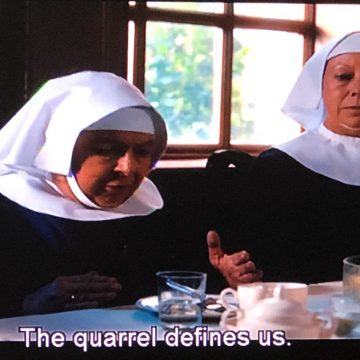
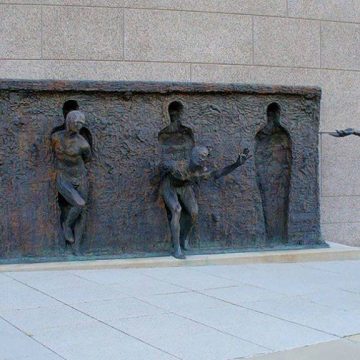
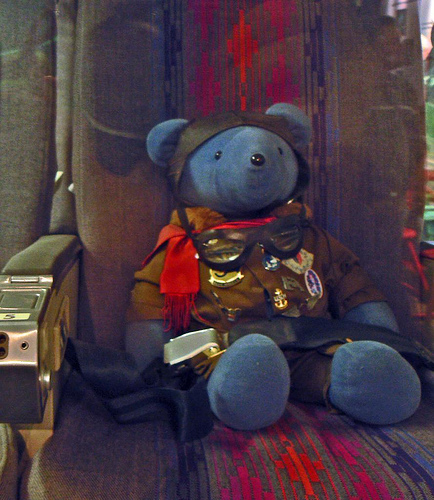
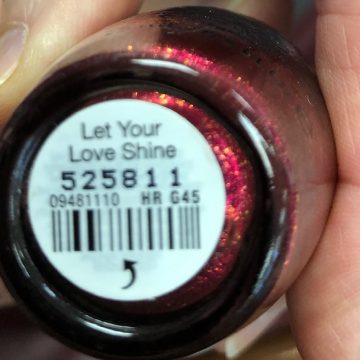
Leave a Reply